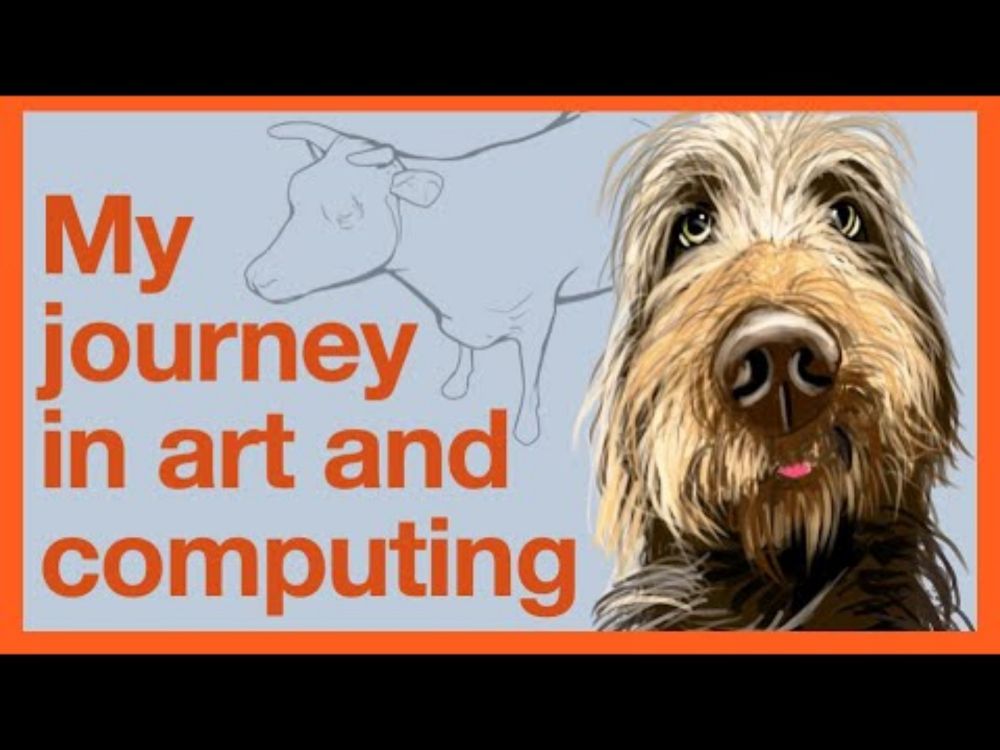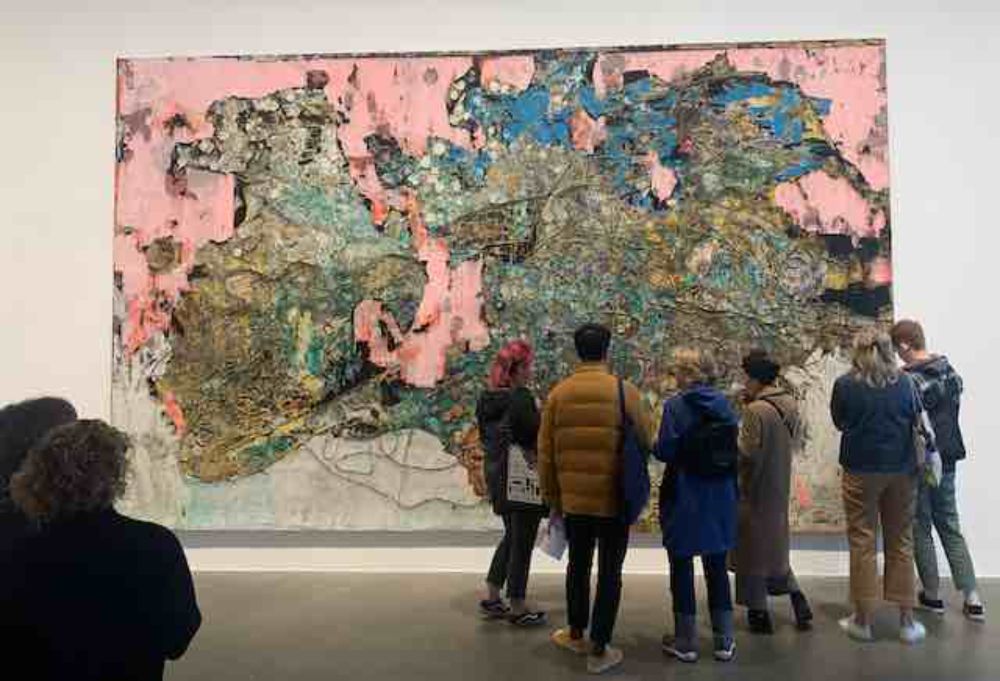Aaron Hertzmann
@aaronhertzmann.com
3.4K followers
270 following
200 posts
www.dgp.toronto.edu/~hertzman
Posts
Media
Videos
Starter Packs













